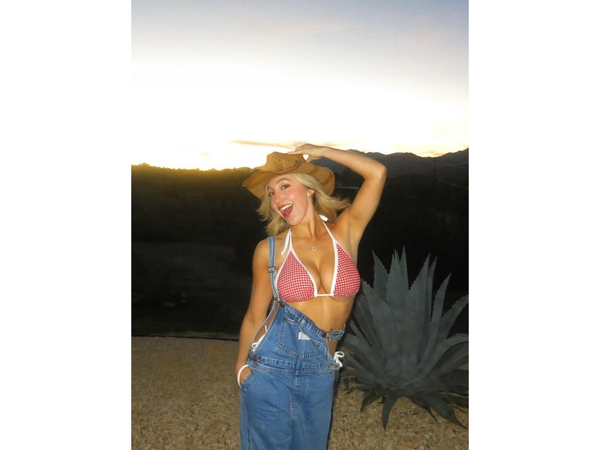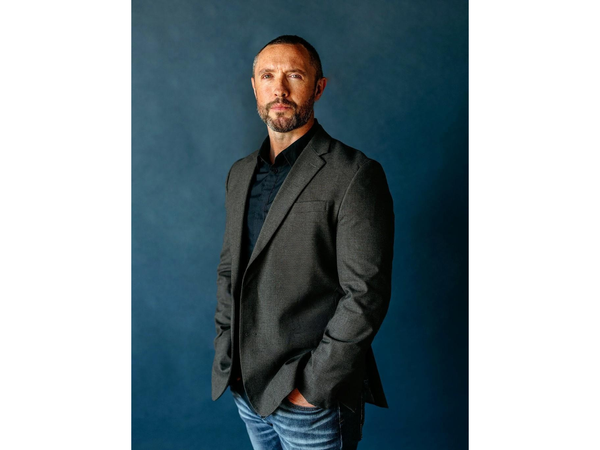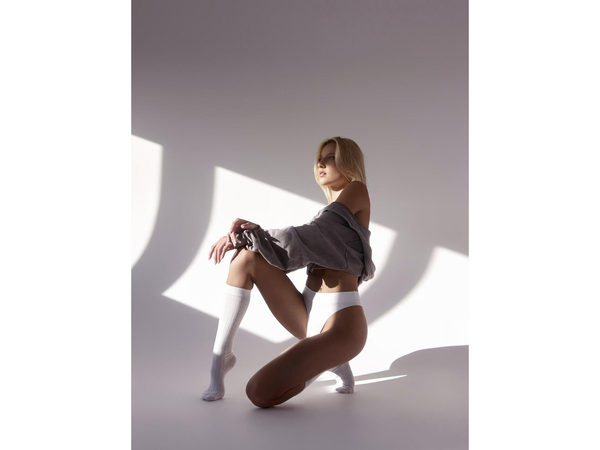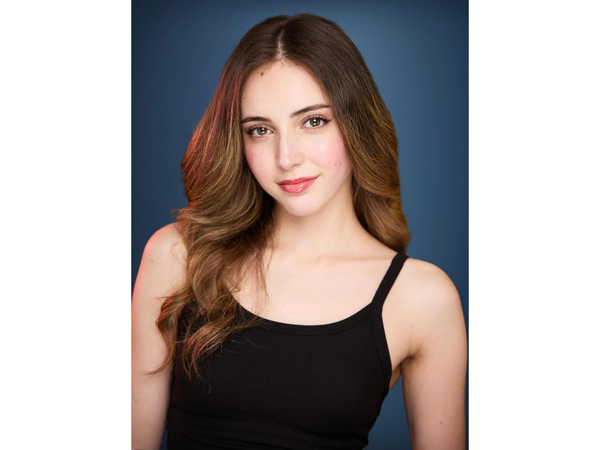SVEA TALKS THE LAST 90S BITCH
"It’s a fine balance knowing when to stop"
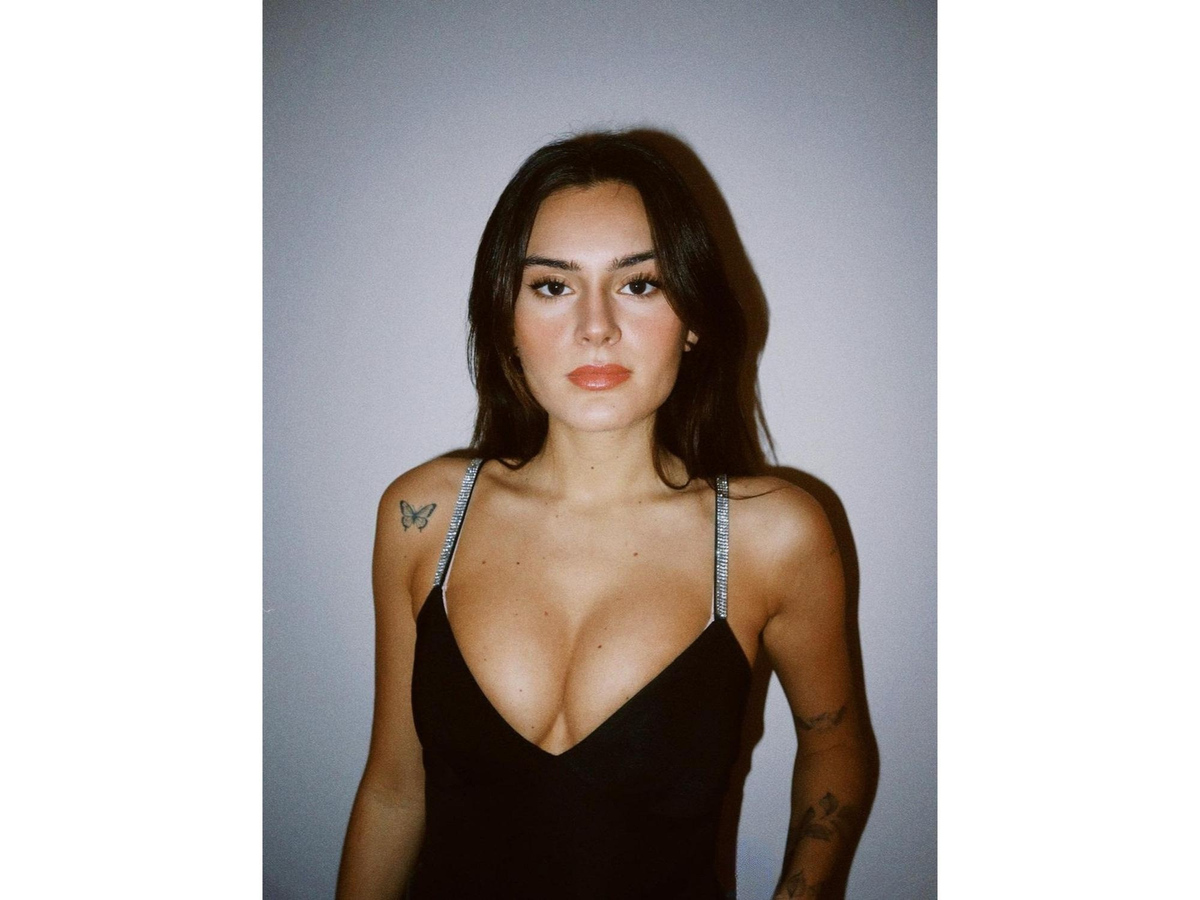
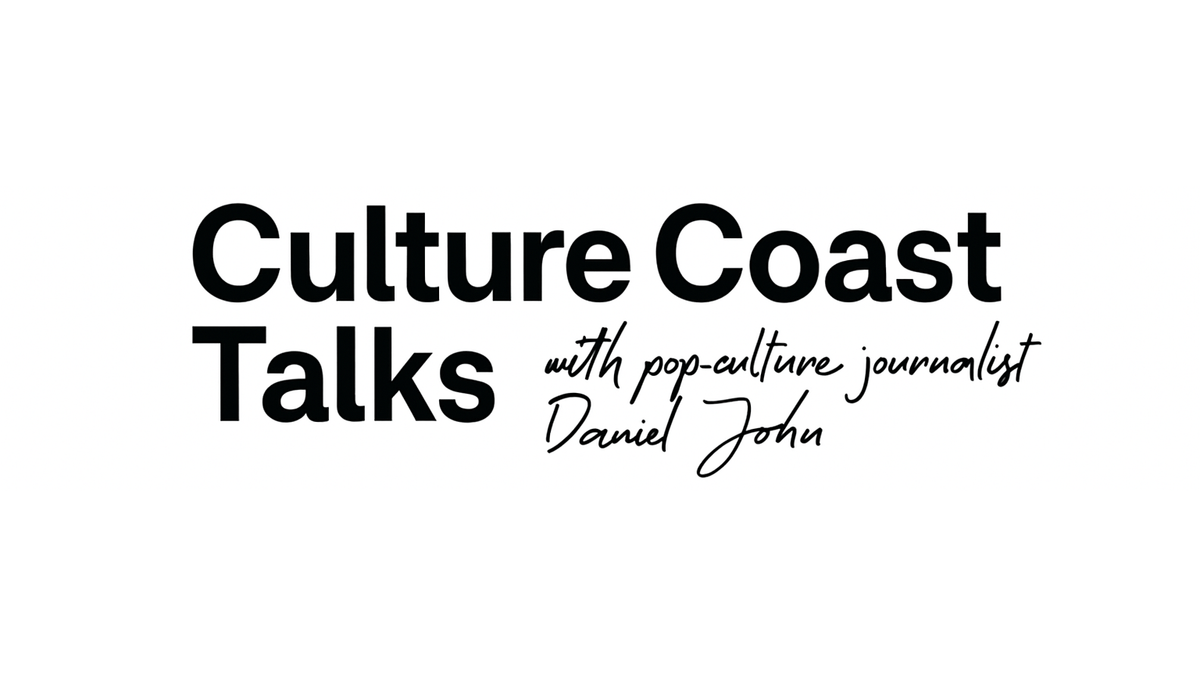
This is an album you’ve been talking about for years. Looking back, how do you see everything you’ve poured into it?
This debut album has really been a long process, but I'm glad I really gave myself the time to finish it exactly the way I wanted. I got the idea for it a little over three years ago, when I was sitting at home with some friends watching old Britney Spears music videos, which instantly pulled me back into my childhood. I wanted to create an album that felt over the top and full of energy. The process has definitely had its ups and downs. Which I think is pretty common for most artists, you do go through periods where one day you feel on top of the world and the next you hate everything you’ve done. But aside from that, it’s been such a fun and educational chapter in my career. And I’m incredibly proud of this album. I can’t wait to do it all over again!
Were you able to finish everything calmly and exactly the way that you wanted, or were you still fine-tuning right up until the release?
I’d say about ninety-nine percent of the album has been done for a year and a half, so it was mostly just polishing toward the end. Then, of course, I got this idea to write a brand-new-song just one week before we had to turn everything in, which is classic me. But it ended up becoming one of my favorite tracks on the album, 'Blackout', so I am proud of myself for finishing it despite all the stress.
That story of the last brand new song feels like something we need to get into?
A week before everything was due, it felt like something was missing, so I went into the studio with Anton Hård and Mikaela, who I also co-wrote 'The One That Got Away' with. Now the tricky part was that I had lost my voice around the same time, so it was extra tough and stressful to get it done but since I had been working on the other songs as long as I had, I actually think it was good for me to let go at the end and add something I did not have time to overthink. That was 'Blackout'.
We’ve heard references in the singles to things like 'Ally McBeal' and 'Clueless'. Are there any other fun easter eggs you think listeners should be able to catch?
Yes! In that same song, I also reference the Backstreet Boys’ 'Bye Bye Bye' and in 'Breakfast Club' we drew inspiration from Snoop Dogg’s 'Drop It Like It’s Hot'. In 'Iconic' there's some nods to both Britney Spears 'Gimme More' and Madonna’s 'Like a Virgin', 'Swedish Girls' is packed with playful references to Swedish staples like "fika", ABBA, Zara Larsson and IKEA.
You only lived a few days in the nineties, what is it about that era that still feels close?
Exactly. I was born on December 28, 1999, so I only lived three tiny days in the nineties, but I grew up with nineties music playing at home on our stereo, artists like Robyn, The Fugees, Destiny’s Child, Britney Spears. And so many more. I’ve loved music for as long as I can remember, and I used to stand in the living room when we had guests over, singing and dancing to all those old nineties pop classics. Those moments really shaped my love for music, so it felt special to weave those references into my debut album.
How far into the 2000s was it before you started wanting to create music yourself?
I’ve always loved music and singing, my parents have always supported that passion and put me in a church choir when I was six years old. Then my mom took me to a Logic-course, like a course for the music production program, when I was nine so I could learn to record myself. I started uploading covers on YouTube, and that’s when I began dreaming about maybe one day working with music for real.
The pop stars of the nineties were in many ways test subjects for when pop culture first started blending with reality culture. Long before the platforms of today provided artists a way to control their own voices, their artistry, and fame, it was in the hands of the big machine around them, which did not care for personal cost. How do you protect your voice and wellbeing in the industry today?
The most important thing for me has been having good people around me who understand me both as a person and as an artist, and who know where I want to go with my career. It’s always a fine balance between pushing yourself, and knowing when to stop and rest. There have definitely been moments where I’ve burned out, but I have always had people around me to help pick me back up, and guide me back on track.
How does it feel now to finally be on the other side of the album release that’s been with you for so long?
I am so proud of this album and the music I've created that I just feel happy it is finally out there for the world to hear. I can not wait to travel and perform it live, and of course, to get back in the studio again and start writing the next chapter.

